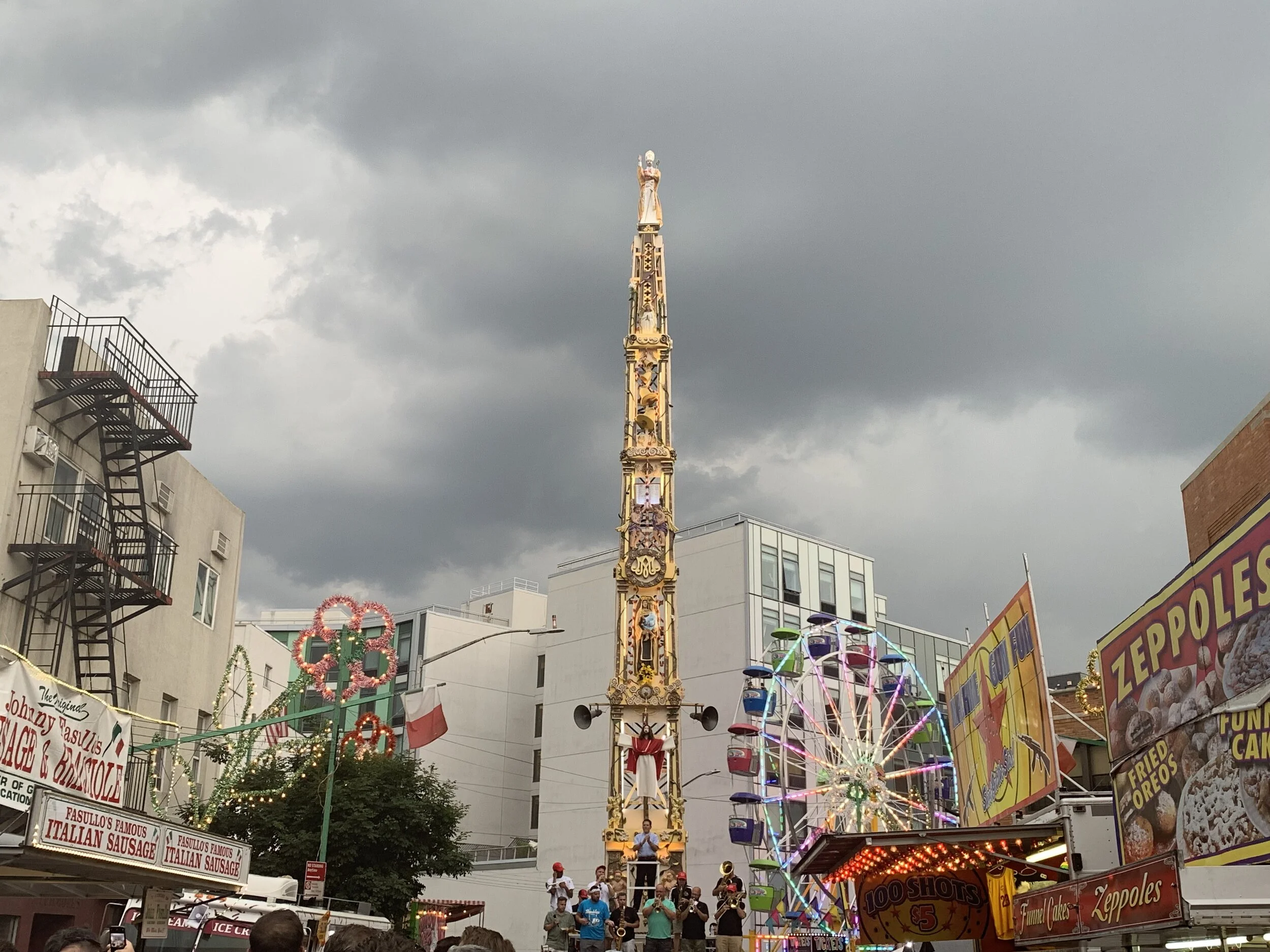Muhammad Ali in New York, 1967-1970
By Raymond McCaffrey
On a winter day in February 1967, pedestrians gawked as a young African American man walked along Fifth Avenue in New York City: He stood 6 feet, 3 inches tall, aged twenty-five and he was clearly in fighting shape.[1]
“Is that you, Muhammad Ali?’ one woman exclaimed. “You're so handsome."
Read MoreDid All Jews Become White Folks?:
A Fortress in Brooklyn and Hasidic Williamsburg
Reviewed by Gabe S. Tennen
In A Fortress in Brooklyn: Race, Real Estate, and the Makings of Hasidic Williamsburg, Nathaniel Deutsch and Michael Casper add an important wrinkle into prevalent understandings of American Jewish history. Deutsch and Casper focus their text on the Hasidic Satmar sect and its creation of a “holy city of Jerusalem” in one corner of north Brooklyn, tracing that community from its nascent beginnings in the 1940s into the 21st century. By offering a detailed and crisply written account of this often discussed but largely underexamined group, the authors provide a caveat to nearly fifty years of scholarship.
Read More


